Ketamine: Understanding the Dissociative Drug, Addiction, and Recovery
Welcome to Mountain’s Edge Recovery, a trusted resource for individuals and families seeking information and support for substance abuse and addiction issues. In this article, we will explore the world of ketamine, including what it is, its effects on the brain, its role in substance abuse, causes and risk factors, the DSM-5 criteria for ketamine addiction, side effects of ketamine addiction, withdrawal symptoms, and available treatment options.
What Is Ketamine?
Ketamine is a dissociative anesthetic that was originally developed for medical and veterinary use. It induces a trance-like state and is sometimes used as an anesthetic in medical and dental procedures. However, it is also used recreationally for its hallucinogenic and dissociative effects.
Effects of Ketamine on the Brain
Understanding how ketamine affects the brain is crucial:
- Dissociation: Ketamine’s primary effect is inducing a state of dissociation, where users feel detached from their bodies and surroundings.
- Hallucinations: Ketamine can cause vivid and sometimes disturbing hallucinations.
- Physical and Psychological Dependence: Ketamine use can lead to both physical and psychological dependence, with cravings and withdrawal symptoms when not using the drug.
- Memory and Cognitive Impairment: Prolonged use of ketamine can lead to memory problems and cognitive deficits.
Ketamine and Substance Abuse
Ketamine’s dissociative and hallucinogenic effects, coupled with its potential for misuse, make it a significant contributor to substance abuse issues:
- Recreational Use: Some individuals misuse ketamine to experience its hallucinogenic effects and dissociation.
- Dependency Risk: Regular and long-term ketamine use can lead to physical and psychological dependence.
- Health Risks: Ketamine use can result in a range of physical and mental health problems, including bladder and kidney issues.
Causes and Risk Factors
Several factors contribute to the development of ketamine addiction:
- Frequency of Use: Frequent and ongoing use increases the risk of addiction.
- Social and Peer Influence: A social environment where drug use is prevalent can encourage ketamine abuse.
- Co-occurring Disorders: Underlying mental health issues, such as depression or anxiety, may contribute to ketamine misuse as a form of self-medication.
DSM-5 Criteria for Ketamine Use Disorder
The Diagnostic and Statistical Manual of Mental Disorders (DSM-5) outlines criteria for diagnosing Ketamine Use Disorder. A diagnosis may be made if an individual meets at least two of the following criteria within a 12-month period:
- Taking ketamine in larger amounts or for longer periods than intended.
- Unsuccessful attempts to cut down or control ketamine use.
- Spending a significant amount of time obtaining, using, or recovering from the effects of ketamine.
- Craving or a strong desire to use ketamine.
- Failure to fulfill major role obligations at work, school, or home due to ketamine use.
- Continued ketamine use despite social or interpersonal problems caused or exacerbated by its effects.
- Giving up or reducing important social, occupational, or recreational activities because of ketamine use.
- Using ketamine in situations where it is physically hazardous.
- Continued ketamine use despite knowing it is causing or worsening a physical or psychological problem.
- Tolerance, as defined by needing more ketamine to achieve the desired effect or experiencing reduced effects when using the same amount.
- **Withdrawal symptoms when not using ketamine.
Side Effects of Ketamine Addiction
Ketamine addiction can lead to numerous detrimental side effects, including:
- Bladder and Kidney Issues: Prolonged use can result in bladder pain, frequent urination, and kidney damage.
- Psychiatric Symptoms: Users often experience anxiety, depression, and paranoia.
- Cognitive Impairment: Long-term use can lead to memory problems, confusion, and impaired judgment.
- Physical Health Decline: Ketamine use can result in gastrointestinal issues and respiratory problems.
- Social Isolation: Ketamine addiction can strain relationships and lead to social withdrawal.
Withdrawal Symptoms
When individuals with ketamine addiction attempt to quit or reduce their use, they may experience withdrawal symptoms, which can be highly uncomfortable and challenging to endure. These symptoms may include:
- Cravings for ketamine
- Depression and anxiety
- Hallucinations or delusions
- Insomnia and sleep disturbances
- Muscle and joint pain
- Nausea and vomiting
Treatment for Ketamine Use Disorder
Mountain’s Edge Recovery offers comprehensive, evidence-based treatment for individuals struggling with ketamine addiction. Our programs address the physical, psychological, and social aspects of addiction and recovery.
Our treatment options may include:
- Counseling and Therapy: Individual and group therapy to address the underlying causes of addiction and develop coping strategies.
- Medication-Assisted Treatment: Medications to manage cravings and withdrawal symptoms, when appropriate.
- Holistic Approaches: Incorporating mindfulness, fitness, and nutrition into treatment plans.
- Aftercare and Support: Ongoing support and relapse prevention strategies to promote long-term recovery.
If you or a loved one is struggling with ketamine addiction, please reach out to Mountain’s Edge Recovery. We are here to provide guidance and support on your journey to recovery, offering hope and a brighter future. Contact us today to take the first step toward a healthier, addiction-free life.

